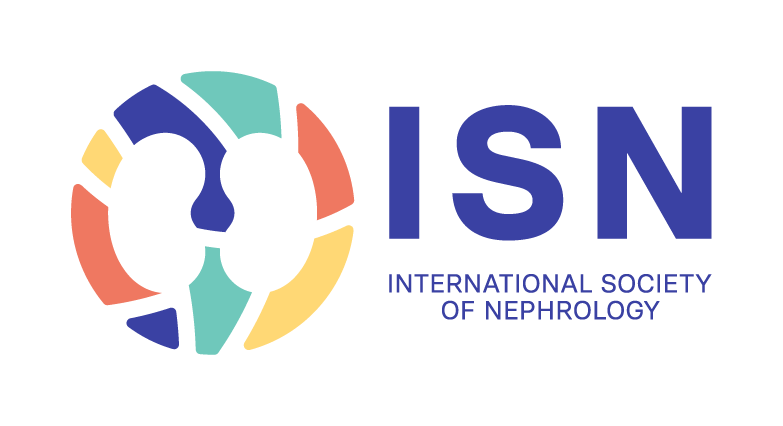850 million people live with kidney disease.1 Take this one-minute quiz to find out if your kidneys are healthy.
The main job of your kidneys is to remove toxins and excess water from your blood. Kidneys also help to control your blood pressure, to produce red blood cells and to keep your bones healthy. The kidneys are complicated and amazing organs that do many essential tasks to keep us healthy. They are so important that you cannot live well without functioning kidneys.2
Between 8 and 10% of the adult population has some form of kidney damage, and every year millions die prematurely of complications related to kidney disease.3
And yet, a person can lose up to 90% of kidney-function before experiencing any symptoms.3
Check to see if you are at risk for kidney disease through this simple online quiz below. Based on your results, next steps will be suggested. Please be assured that your responses will remain fully anonymous.
This quiz is not intended to be a substitute for a medical consultation. If you have any doubts or questions, please speak to your doctor.
This quiz is supported by unrestricted educational grants from Boehringer Ingelheim and Otsuka.
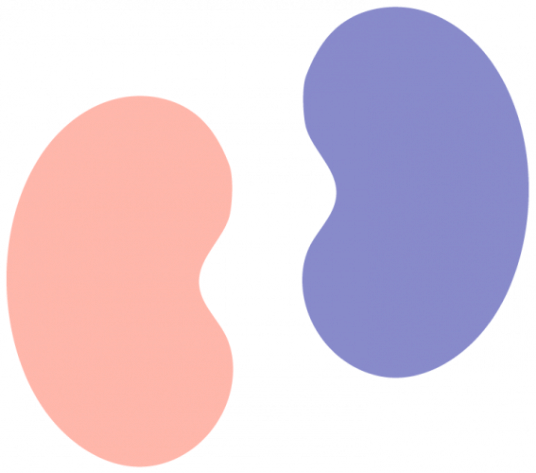
Kidney Quiz
Question 1 of 7:
Have you been told you have diabetes?
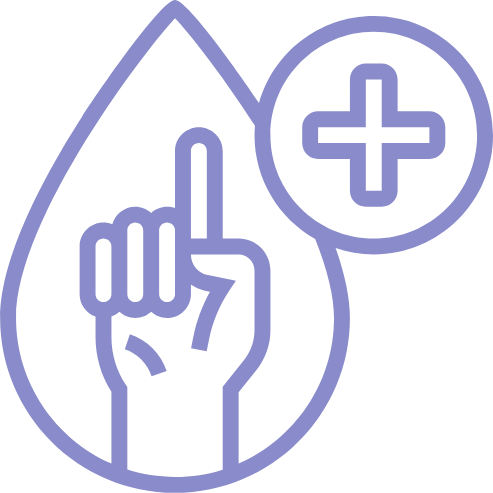
Kidney Quiz
Question 2 of 7:
Have you been told you have high blood pressure?
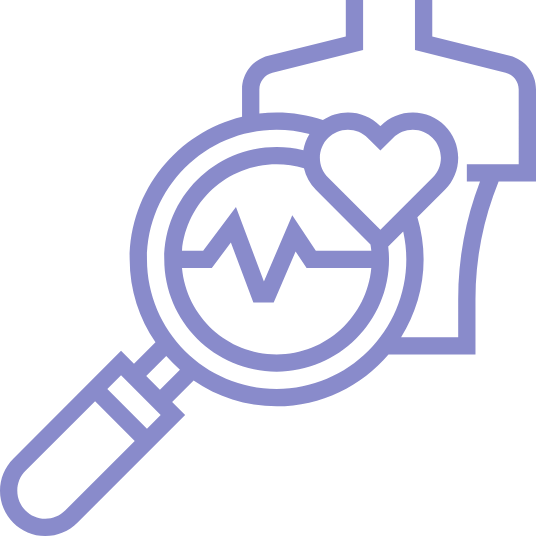
Kidney Quiz
Question 3 of 7:
Have you been told you have heart disease or heart
failure?
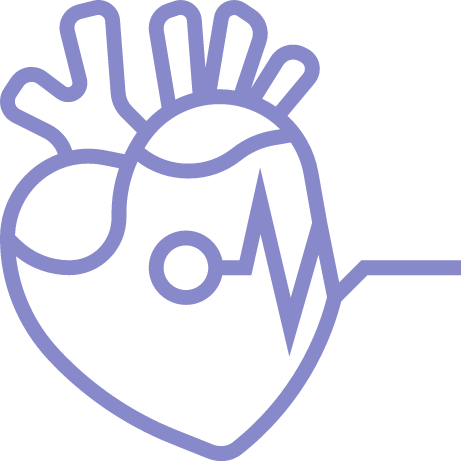
Kidney Quiz
Question 4 of 7:
Do you regularly experience feet/leg swelling or
facial puffiness?
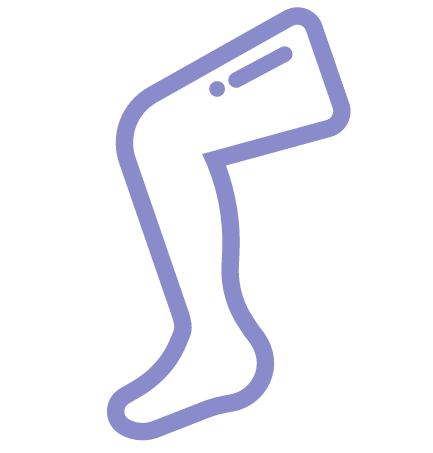
Kidney Quiz
Question 5 of 7:
Do you have a family member who has had a kidney
transplant, been on dialysis or been diagnosed with
kidney failure?
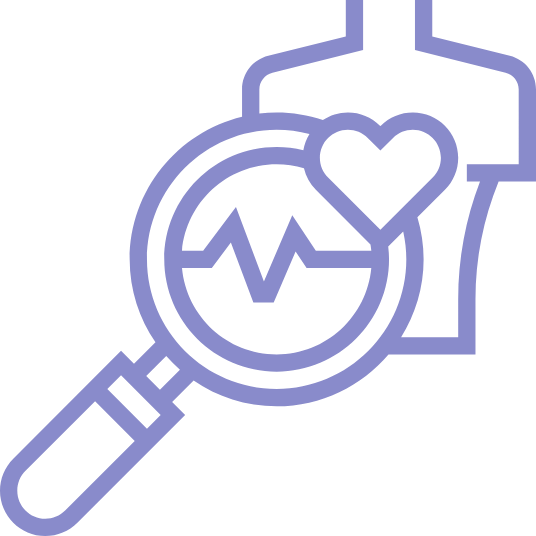
Kidney Quiz
Question 6 of 7:
Do you regularly use over-the-counter medications
for
pain-relief?

Kidney Quiz
Question 7 of 7:
Do you regularly use herbal or local medicines,
for
weight loss or any other condition?
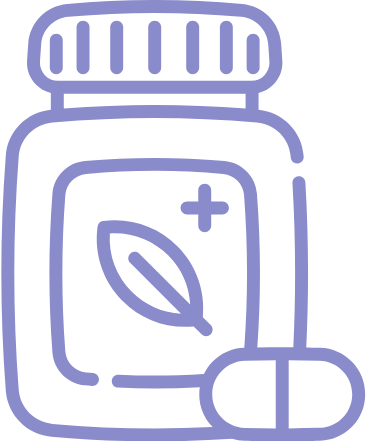
Kidney Quiz

YOU ARE NOT AT RISK OF UNHEALTHY KIDNEYS
You do not have any major risk factors for developing kidney disease but may still be at risk.
We now know there are also non-medical reasons why people develop kidney disease, which include:4
- Where someone lives
- Where they work
- The foods they eat
- How much exercise they do
- If they are able to get the medical care they need
LEARN MORE ABOUT PREVENTING KIDNEY DISEASE:
World Kidney Day’s 8 Golden Rules of Prevention
Kidney diseases are silent killers, which will largely affect your quality of life. There are however several easy ways to reduce the risk of developing kidney disease. Check out the 8 Golden Rules!
YOU MAY BE AT RISK FOR UNHEALTHY KIDNEYS
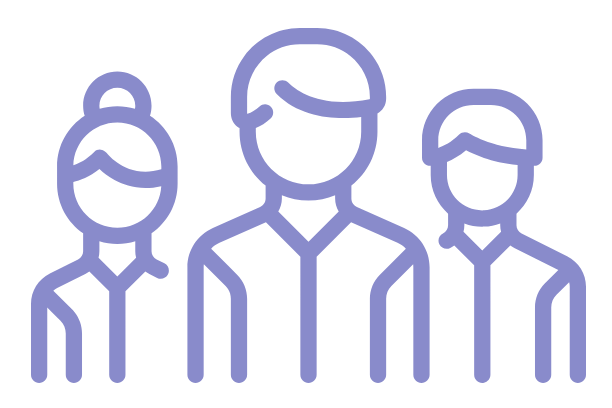
My Details
My Age:
My Sex:
My BMI:
1) Have you been told you have diabetes?
2) Have you been told you have high blood pressure?
3) Have you been told you have heart disease or
heart
failure?
4) Do you regularly experience feet/leg swelling of
facial puffiness?
5) Do you have a family member who has had a kidney
transplant, been on dialysis or been diagnosed with
kidney failure?
6) Do you regularly use over-the-counter medications
for pain-relief?
7) Do you regularly use herbal or local medicines,
for
weight loss or any other condition?
What You May Want to Do Next
Based on your responses in the quiz, you have indicated that you have one of the risk factors that can lead to decreased kidney function:4,5,6,7
- Diabetes
- Pre-diabetes
- Heart Disease
- High Blood Pressure (Hypertension)
- Family History of Kidney Disease, Kidney Transplant, or Dialysis: People are 2 to 3 times more likely to develop kidney disease if they have family members with kidney disease, who have been on dialysis, or have received a kidney transplant
- Overweight or Obese: Being overweight can lead to health problems that can cause kidney disease
There are also non-medical reasons why people develop kidney disease, which include:5,8
- Where someone lives
- Where they work
- The foods they eat
- How much exercise they do
- If they are able to get the medical care they need
Talking to your healthcare professional
When someone has kidney disease it means that their kidneys are not working well usually because the kidneys have been hurt by high blood pressure, diabetes, or other health problems.4
When consulting the health of your kidneys, a healthcare professional might follow the ABCDE Checked - Kidney and Heart saved:
A = Albumin in urine
B = Blood pressure
C = Creatinine and Cholesterol
D = Diabetes (blood sugar)
E = eGFR
Depending on the clinical resources in your region, certain tests might be performed:4,9
- eGFR: A blood test that measures how well your kidneys remove waste from your body
- uACR: A urine test that checks for a protein called albumin
- UPCR: an initial method to estimate daily protein excretion in urine
- 24-hour urine collection test
- Urine analysis
Some questions you may have for your healthcare professional are:
- Are my kidneys healthy?
- Have I been recently tested for kidney disease?
- Did I have both the blood and urine tests?
- Do I have albumin or protein in my urine?
- What can I do to keep my kidneys healthy?
Other important questions may include:
- What happens if I have kidney disease?
- What should I do to keep my kidneys healthy?
- Do I need to be taking different medicines?
- Should I be more physically active?
- What kind of physical activity can I do?
- What can I eat?
- Do I need to talk with a dietitian to get help with meal planning?
- Should I be taking ACE inhibitors or ARBs* for my kidneys?
- How often should I get my kidneys checked?
*ACE inhibitors (Angiotensin-converting enzyme inhibitors) and ARBs (Angiotensin II receptor blockers) are medicines used to lower blood pressure and/or to slow the progressive decline in kidney function that occurs with chronic kidney disease (CKD).10,11
Your Amazing Kidneys:
The kidneys are complicated and extraordinary organs that do many essential tasks to keep us healthy. Learn more about how your kidneys work from World Kidney Day.
Kidney Stories:
Learn from people all over the world who have experienced kidney disease on the World Kidney Day blog.
THINGS YOU PROBABLY DIDN'T KNOW ABOUT KIDNEY DISEASE
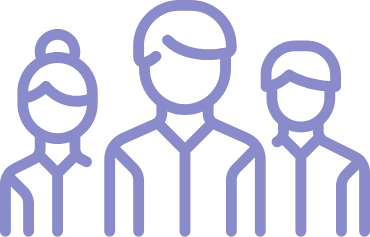
More than 850 million people worldwide have some form of kidney disease12
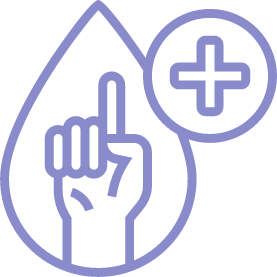
Diabetes and high blood pressure are the two leading causes of kidney disease.13
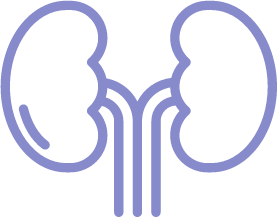
Kidney disease often has no symptoms until it’s advanced, so get tested14
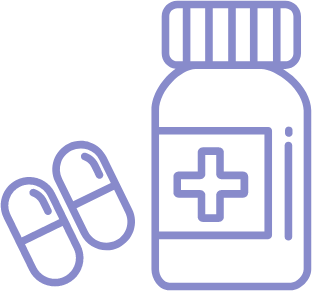
Early treatment can slow kidney disease down3
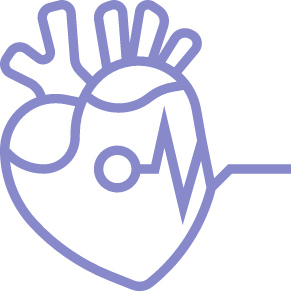
It may also prevent other problems, like a heart attack, stroke, or kidney failure3,11
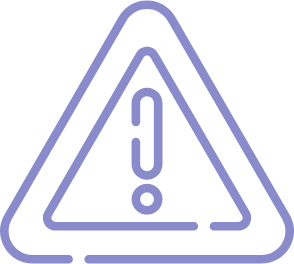
Having kidney disease puts you at an increased risk
of
developing life-threatening complications
from
COVID-1915
References
- WebMD (2018) 850 Million People Worldwide Have Kidney Disease. Available at: https://www.webmd.com/kidney-stones/news/20180705/850-million-people-worldwide-have-kidney-disease. Accessed January 2021.
- National Kidney Foundation. Are you the 33%? Available at: https://www.kidney.org/newsletter/are-you-33-percent. Accessed January 2021.
- World Kidney Day. Chronic Kidney Disease: What is Chronic Kidney Disease? Available at https://www.worldkidneyday.org/about-kidney-health/#whatis. Accessed January 2021.
- Kidney Research UK (2018) Kidney health inequalities in the United Kingdom: Reflecting on the past, reducing in the future. Available at: https://kidneyresearchuk.org/wp-content/uploads/2019/02/Health_Inequalities_Report_Complete_FINAL_Web_20181017.pdf. Accessed January 2021.
- World Kidney Day. 8 Golden Rules. Available at: https://www.worldkidneyday.org/about-kidney-health/#takecare. Accessed January 2021.
- National Kidney Foundation (2014) Prediabetes? What does it mean for your kidneys?. Available at: https://www.kidney.org/news/kidneyCare/Summer10/PreDiabetes. Accessed January 2021.
- McClellan WM, et al (2009) Individuals with a family history of ESRD are a high-risk population for CKD: Implications for targeted surveillance and intervention activities, American Journal of Kidney Diseases, 53(3 S3), pp100-106.
- National Institute of Diabetes and Digestive and Kidney Diseases (2016) Preventing chronic kidney disease. Available at: https://www.niddk.nih.gov/health-information/kidney-disease/chronic-kidney-disease-ckd/prevention. Accessed January 2021.
- National Kidney Foundation (2017) Tests to measure kidney function, damage and detect abnormalities. Available at: https://www.kidney.org/atoz/content/kidneytests. Accessed January 2021.
- Kidney Health Australia (2020) Chronic Kidney Disease (CKD) Management in Primary Care, 4th edition. Available at: https://kidney.org.au/uploads/resources/chronic-kidney-disease-management-in-primary-care-4th-edition-handbook.pdf. Accessed January 2021.
- Patient (2017) Chronic kidney disease. Available at: https://patient.info/kidney-urinary-tract/chronic-kidney-disease-leaflet. Accessed January 2021.
- Jager KJ, et al (2019) A single number for advocacy and communication—worldwide more than 850 million individuals have kidney diseases, Kidney International, 96(5), pp1048-1050.
- WebMD. Kidney Disease. Available at: https://www.webmd.com/a-to-z-guides/understanding-kidney-disease-basic-information#1. Accessed January 2021.
- NHS England (2019) Overview: Chronic kidney disease. Available at https://www.nhs.uk/conditions/kidney-disease/. Accessed January 2021.
- Centers for Disease Control and Prevention (2020) COVID-19 (Coronavirus): People with Certain Medical Conditions. Available at: https://www.cdc.gov/coronavirus/2019-ncov/need-extra-precautions/people-with-medical-conditions.html#chronic-kidney-disease. Accessed January 2021.
- National Kidney Foundation (2014) 10 Signs You May Have Kidney Disease. Available at: https://www.kidney.org/news/ekidney/august14/10_Signs_You_May_Have_Kidney_Disease Accessed October 2021
- National Kidney Foundation (2021) Herbal Supplements and Kidney Disease. Available at: https://www.kidney.org/atoz/content/herbalsupp Accessed October 2021
